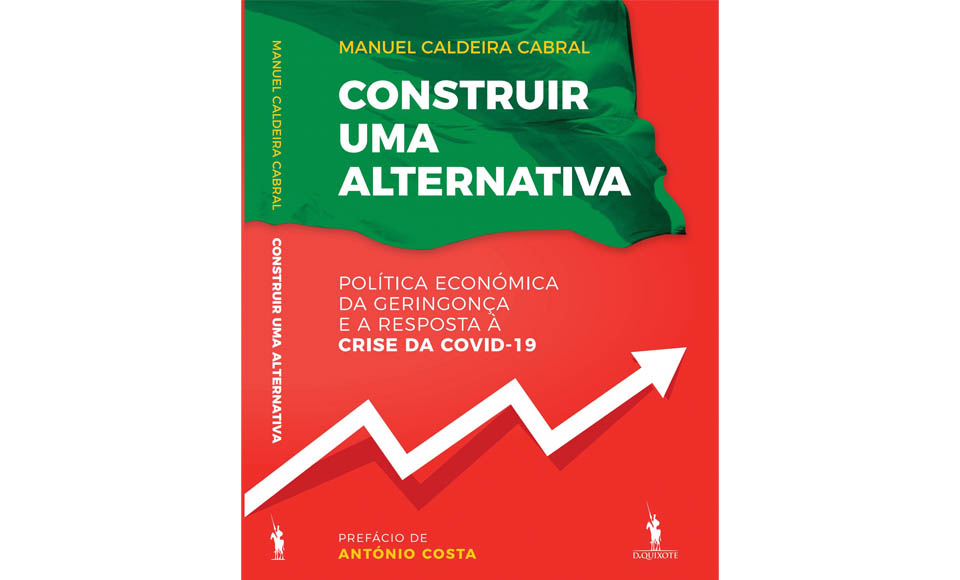Manuel Caldeira Cabral, Director of the Insurance and Pension Fund Supervisory Authority (ASF)
The strong growth of technology companies in Portugal, which has been the case for the last six years, was a structurally determinant change that altered the framework for the largest Portuguese firms, created 40,000 new jobs and shall contribute to accelerating national growth in the post-pandemic period.
In my book, ‘Construir a Alternativa’, I set out how this structural reform resulted from the merits of Portuguese entrepreneurs and the talent existing in the country as well as from the implementation of a set of coherent public policies that include: support for entrepreneurship, such as the Startup Voucher; fiscal incentives (Semente, KEEP); measures to boost the dynamism of the ecosystem, such as launching a national network of incubators; a sharp increase in public financing of risk capital, attributing over a billion euros to co-investment funds; support for the internationalisation of over 400 startups; visas to attract entrepreneurs (Startup Visa); a program to enhance the participation of Portuguese startups in the Websummit (Road to Websummit) and the mobilisation of AICEP and Compete to attract centres of technological development to Portugal.
When João Vasconcelos and I launched the Startup Portugal program in March 2016, we presented these measures and affirmed we wished to turn Portugal into one of the European countries with the best conditions for startups to grow and expand globally.
At the time, the program went down with a certain scepticism. These companies were simply too small to be able to have an impact on growth and employment. Portugal would not, from one day to another, become seen as a destination for fields of high technology. In fact, in 2015, there was not a single Portuguese unicorn and the total value of Portuguese technology companies did not amount to 1% of GDP. Portugal was not on the map of international investors.
In six years, the context has entirely changed. The examples of international investors stepping in with capital of 5, 10 or even 50 million euros for Portuguese startups. Dozens of technological development centres have come to Portugal and creating many tens of thousands of qualified jobs around the country. Lisbon today ranks as the 6th best city to launch a startup in Europe and with Oporto in 18th place (Startup Heatmap Europe). The value of Portuguese technology companies already exceeds 15% of GDP.

Portugal today has five unicorns. If they were listed on the national market, three of these companies would appear among the five with the greatest value. These companies are highly different to the large, traditional Portuguese businesses: They are experiencing rapid growth while the majority of longstanding businesses register only slow rates of growth and the former act in global markets to the contrary of their traditional counterparts more focused on the national market. These two aspects mean these companies should continue to make major contributions to strengthening and deepening the pattern of growth.
This was an important structural reform, which resulted in an integrated set of coherent policy measures and efforts to mobilise the Portuguese ecosystem and attract international investors who responded fantastically.
I describe these measures and the results achieved in my book in which I approach many of the other fields of economic policy in which I engaged, including policies to boost digitalisation and innovation, with the Industry 4.0 and Interface programs, support for capitalisation and incentives for investment (Capitalise Program), providing means for internationalisation (Internationalise Program) and as well as the actions developed in the fields of Tourism and Energy. The book sets out the reforms made by these policies and their results while also discussing the actions necessary to strengthening their effects on national growth in the post-pandemic period.







